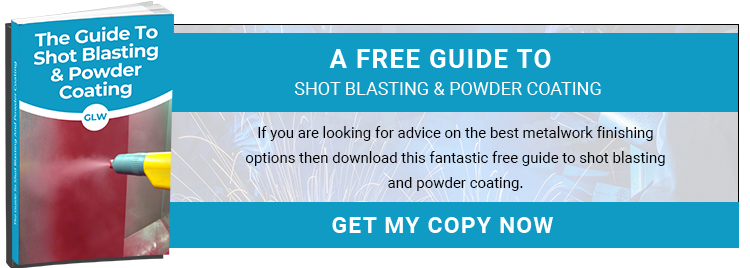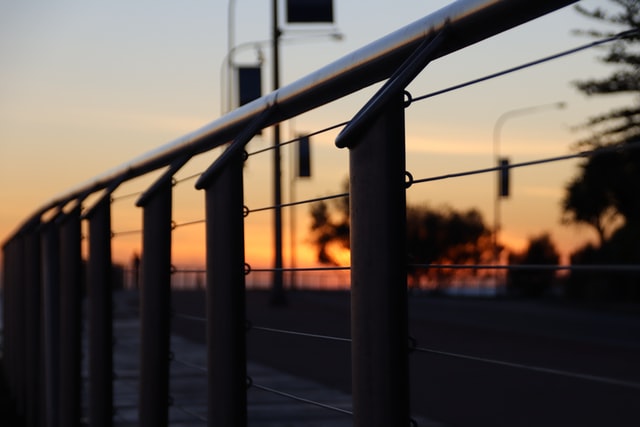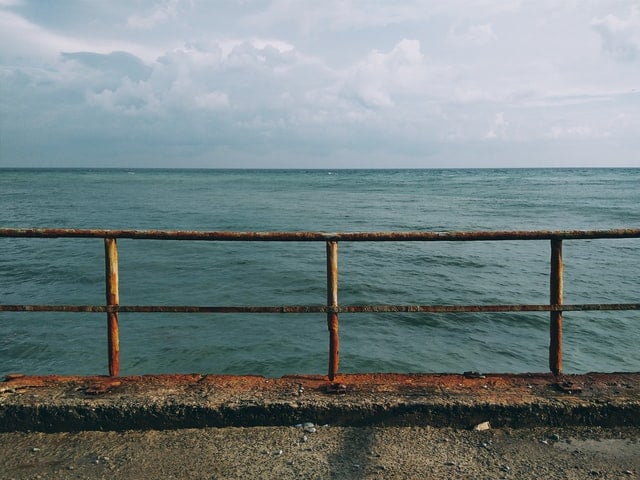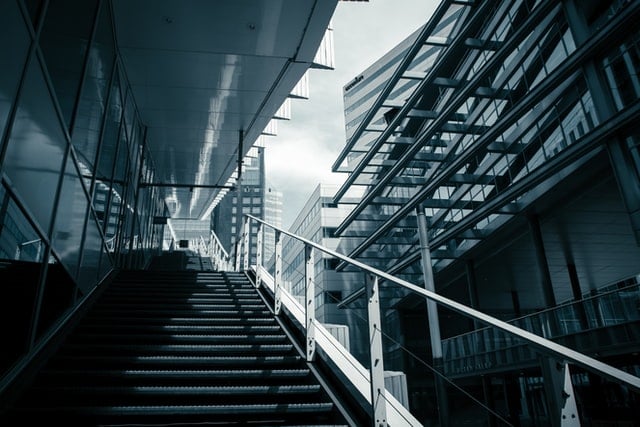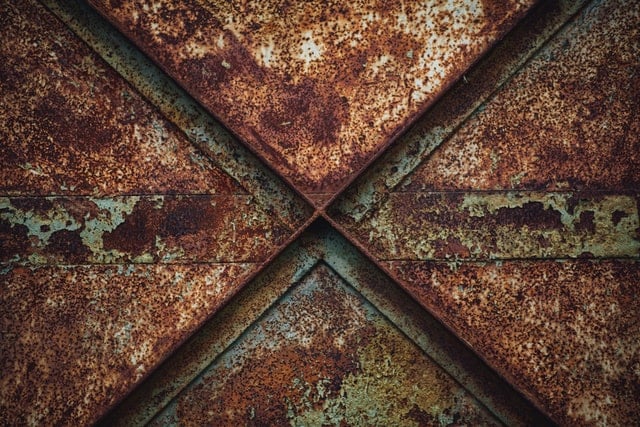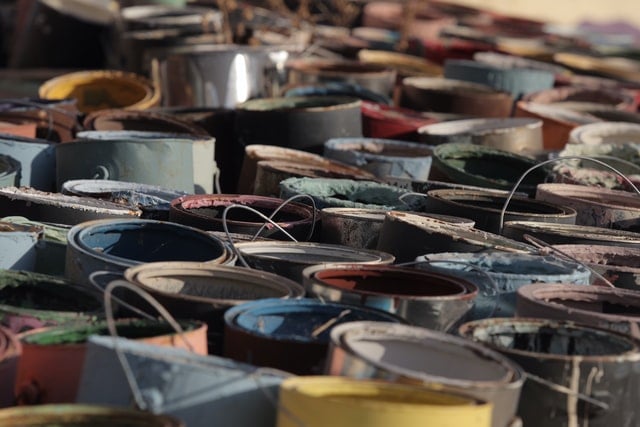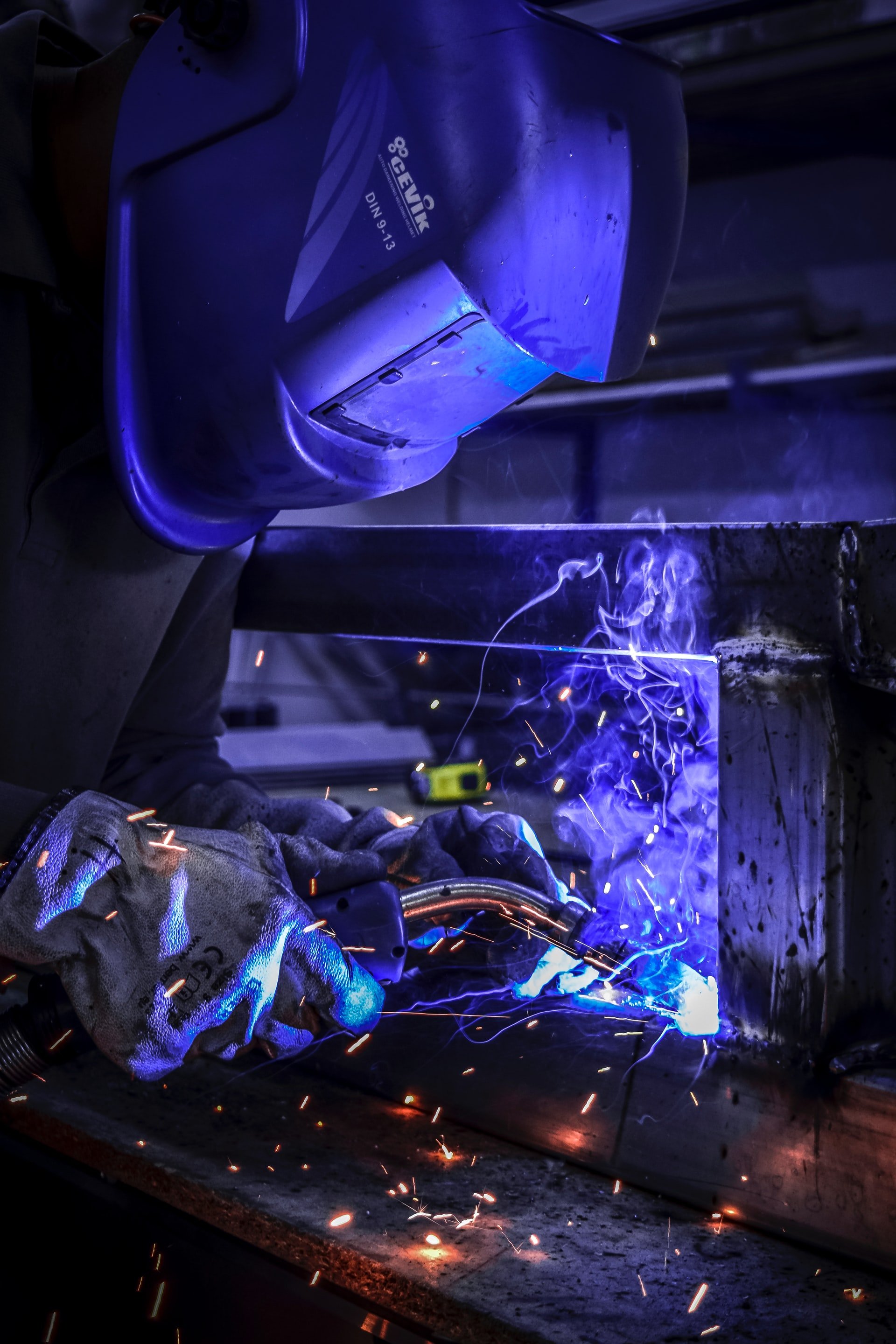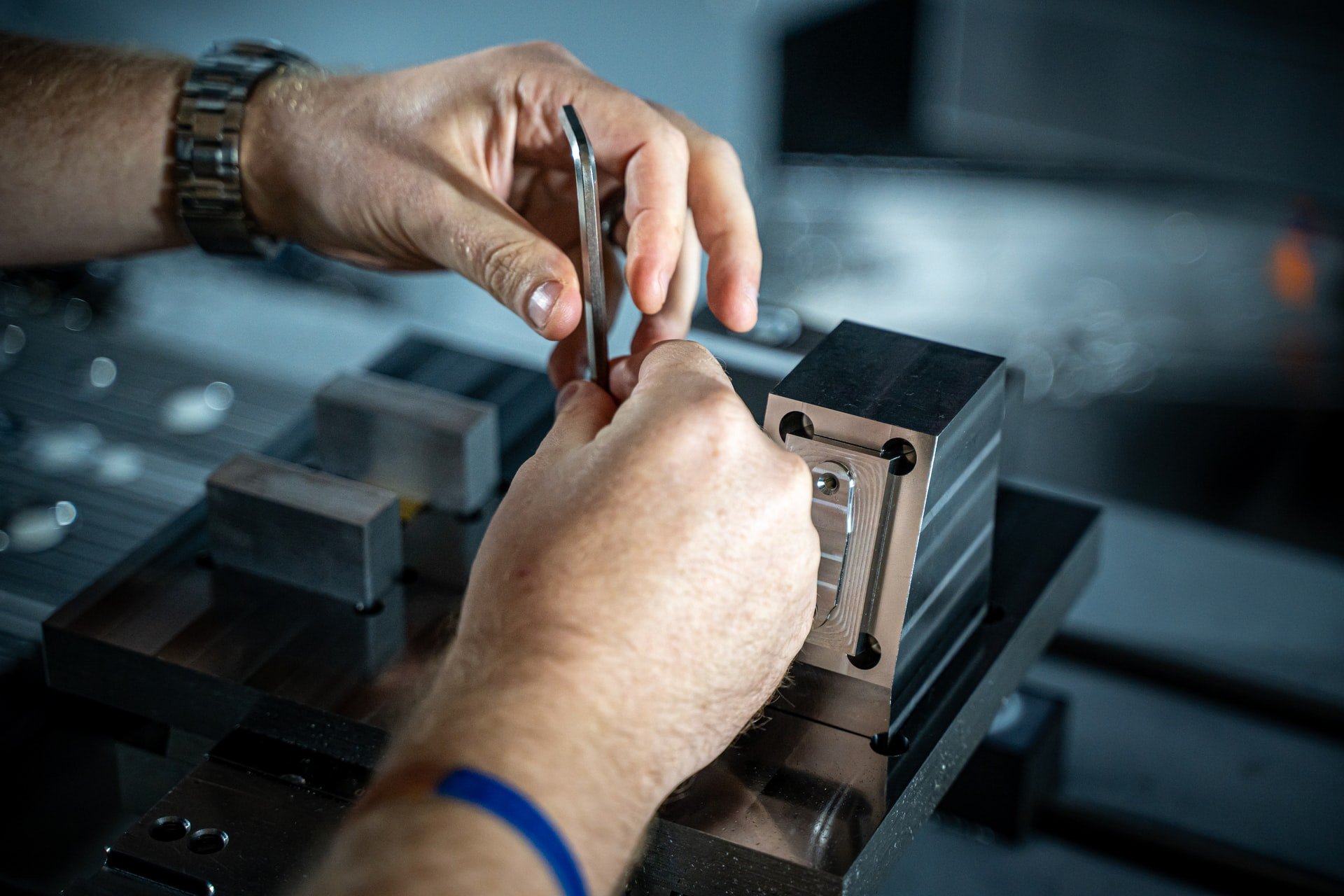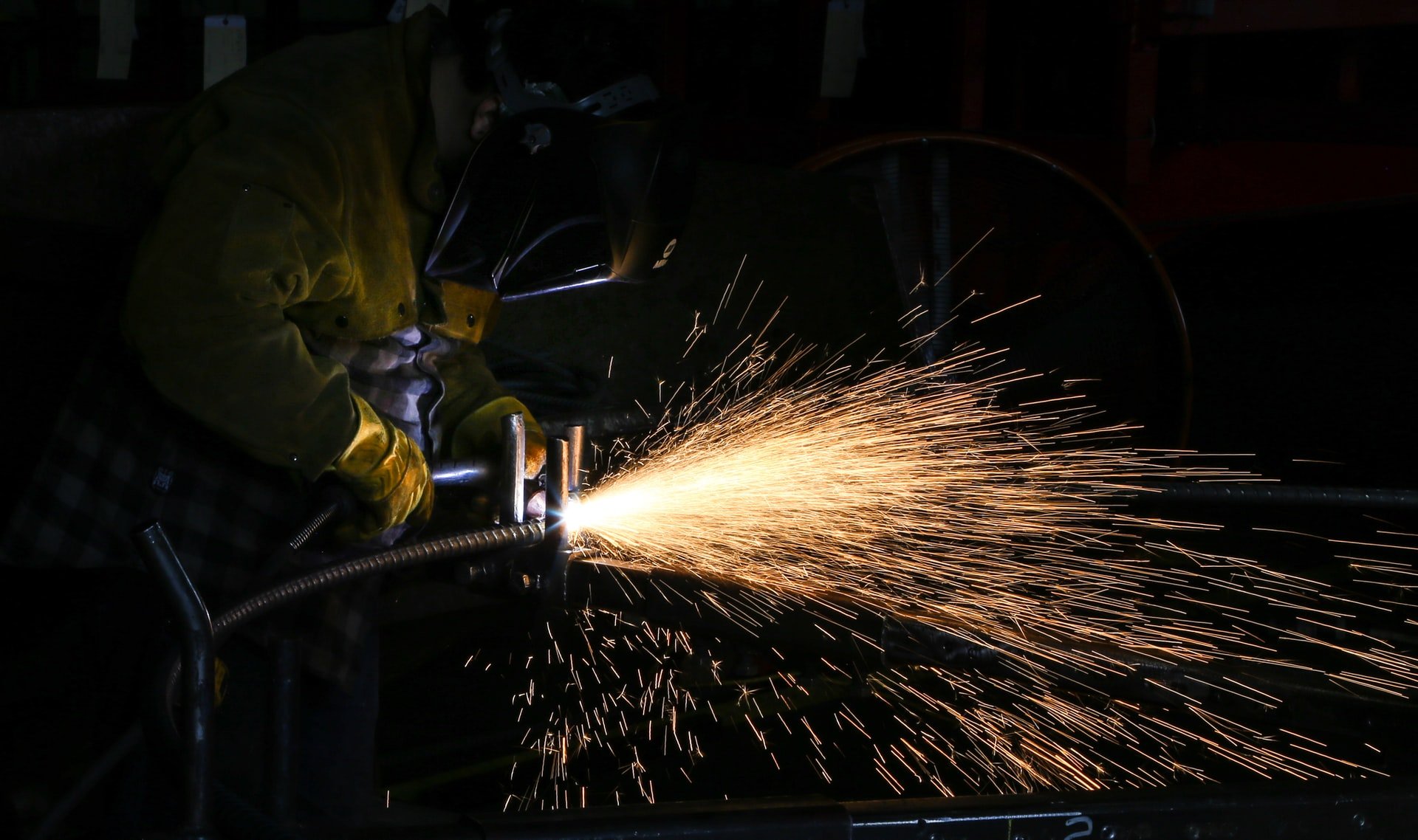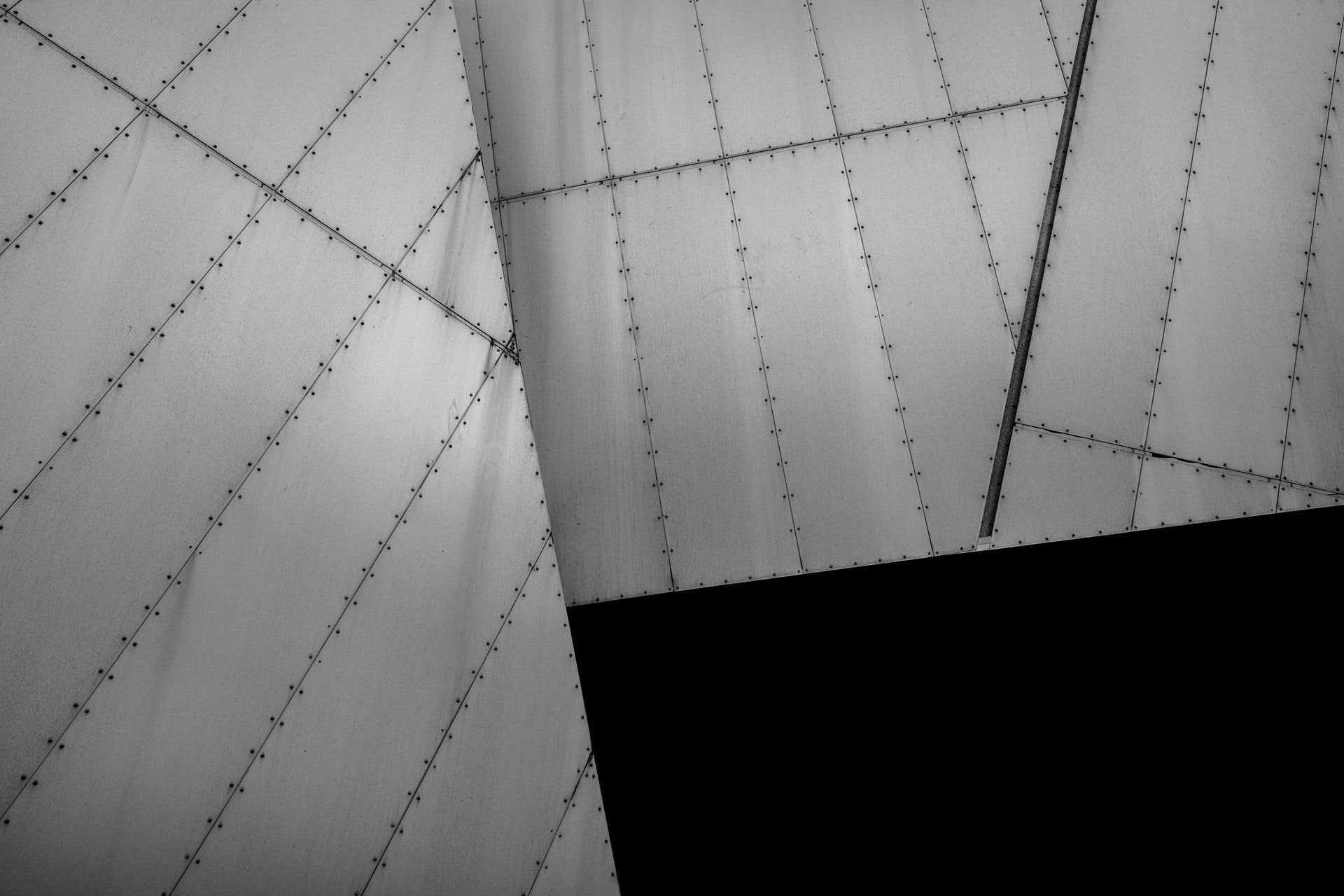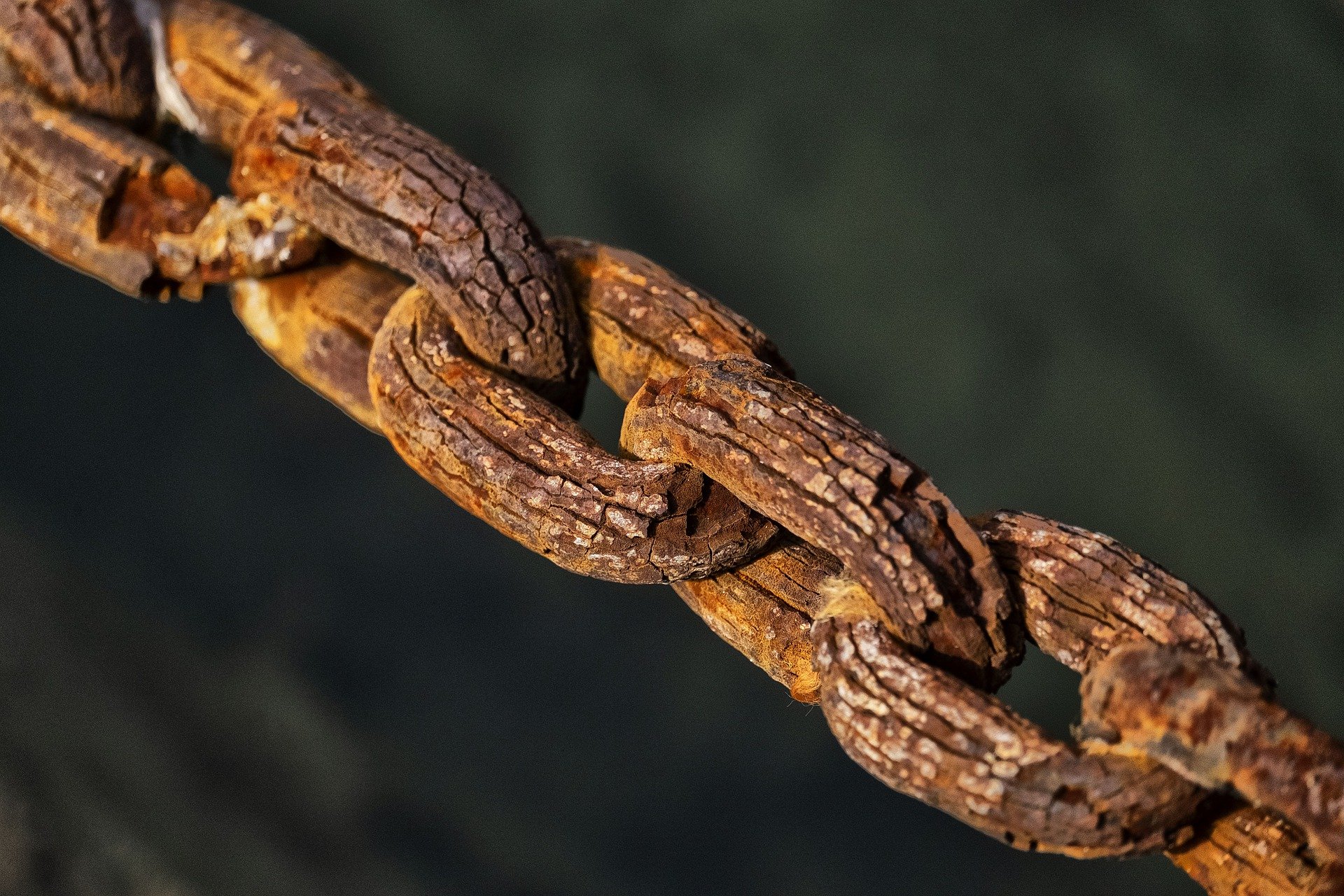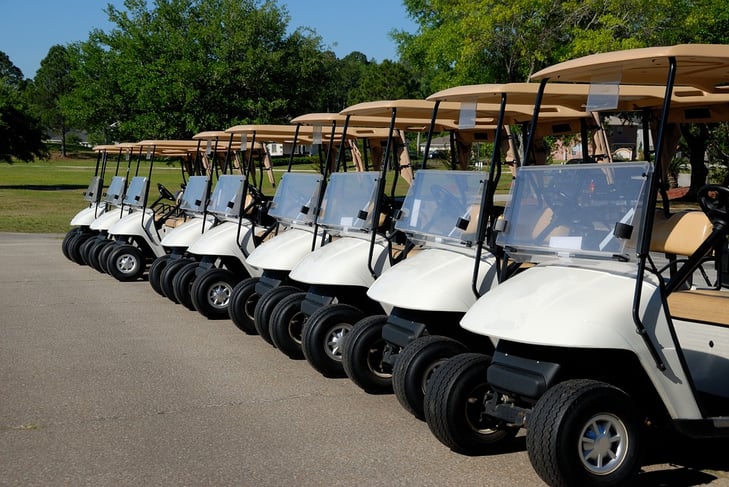
Powder coating is a very popular kind of finishing for steel fabrications and other metallic products. Although it slightly increases the cost of steel fabrication it is definitely worth it for the additional longevity and resistances imparted to the steel. It became so popular from the turn of this decade that today, it is the most commonly used type of finishing process.
So what exactly happens in the powder coating process? It is simple and as its name suggests, what happens here is that the finely ground powder of a polymer resin is placed on the steel surface that you would like to finish and then heat is applied. This heat changes the chemical configuration of the polymer resin and forms an even coat that spreads across the surface. This is a very long-lasting way of finishing a steel or galvanised steel project.
How Does Powder Coating Work?
It is important that before the powder coating process is commenced, a few things be borne in mind. One of them is the surface preparation where the steel beam or sheet being coated is thoroughly cleaned to get rid of all contaminants lurking on the surface. The material being coated is then sprayed with the powder coating material; or in a big industrial setting it is dipped in fluid with suspended powder material for coating.
The coated product is then passed in the oven where the chemical alteration of the powder coating takes place.
Applications That Use Powder Coating
Powder coating isn’t solely used in construction. If you look at your home appliances, you will see that they come with high quality painting. Mostly, it is scratch resistant and can even withstand a dent without chipping off. This is because they have been powder-coated.
- Powder coating makes painted architectural steel parts resistant to heat damage, cold damage and even corrosion. The reason why you see an old balustrade or steel bench still baring its original paint is because it was powder-coated. Powder coating has been used for finishing metal items since the 1950s.
- Most of metal products designed to be used outdoors are finished using the powder coating method. For example, tractors and other farm machinery are finished in such a manner that even exposure to extreme temperatures does not affect them. The same goes for a wide range of industrial machinery.
- Metallic roofs and curtain walls can also be powder coat finished. That way, the surface retains its appeal for many years after construction.
- Golf carts, lawn chairs, cycle shelters and most metallic outdoor furniture is finished using the process of powder coating.
- Road and direction signs are also made with this process. That is why they are still standing many years after they were erected, without showing signs of fading or corrosion. Powder finished products do not age and they do not corrode, no matter how much exposure they face.
- Metal cabinets for offices, office chairs and desk parts are all powder coated. This makes sure that they retain their appeal for the longest time possible. Other things in the office that are powder coated include fire extinguishers, which retain their colour even if they have been used to put out fires.
- Most high usage car parts, like the door handles, window handles, bumpers and other parts are also powder coated. Radiators coil springs, shock absorbers and braking parts are also powder coated as they are mostly the contact parts of a car. Wheels, frames and other parts that face stress are also more likely to be powder coated.
Powder coating is the most used type of protective finish in the world as it is used in almost everything in our life. However, it is important to hire a credible company to do it so that it can last a long time.
Powder Coating Services From GLW Engineering
At GLW Engineering we offer a range of high quality powder coat finishes for structural and architectural steel fabrications, as well as for industrial machinery. Please get in touch by phone on 01945 464 637 to find out more.

